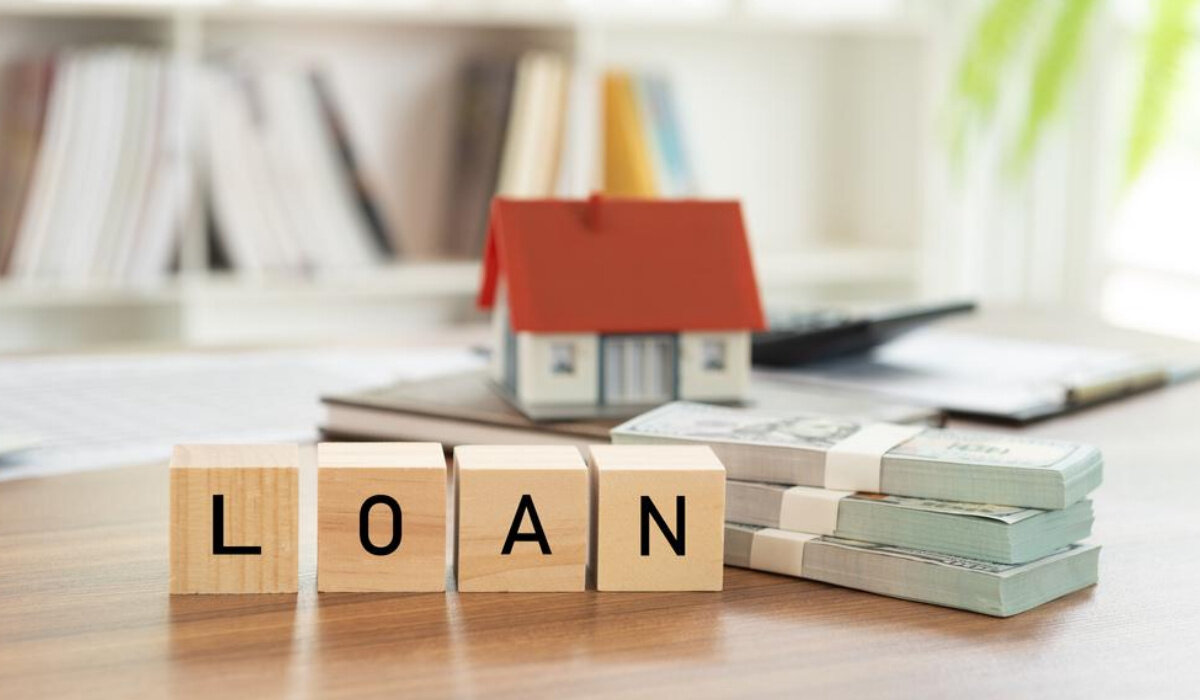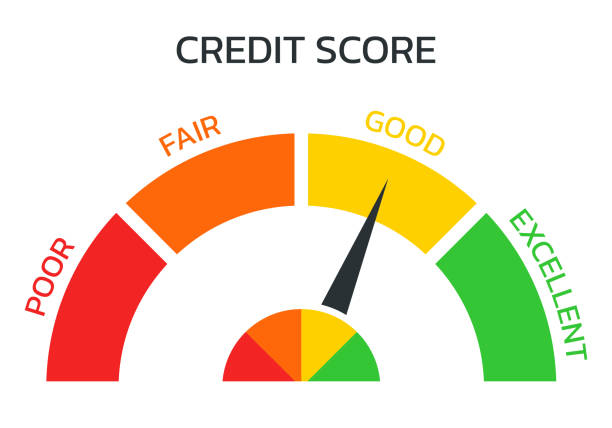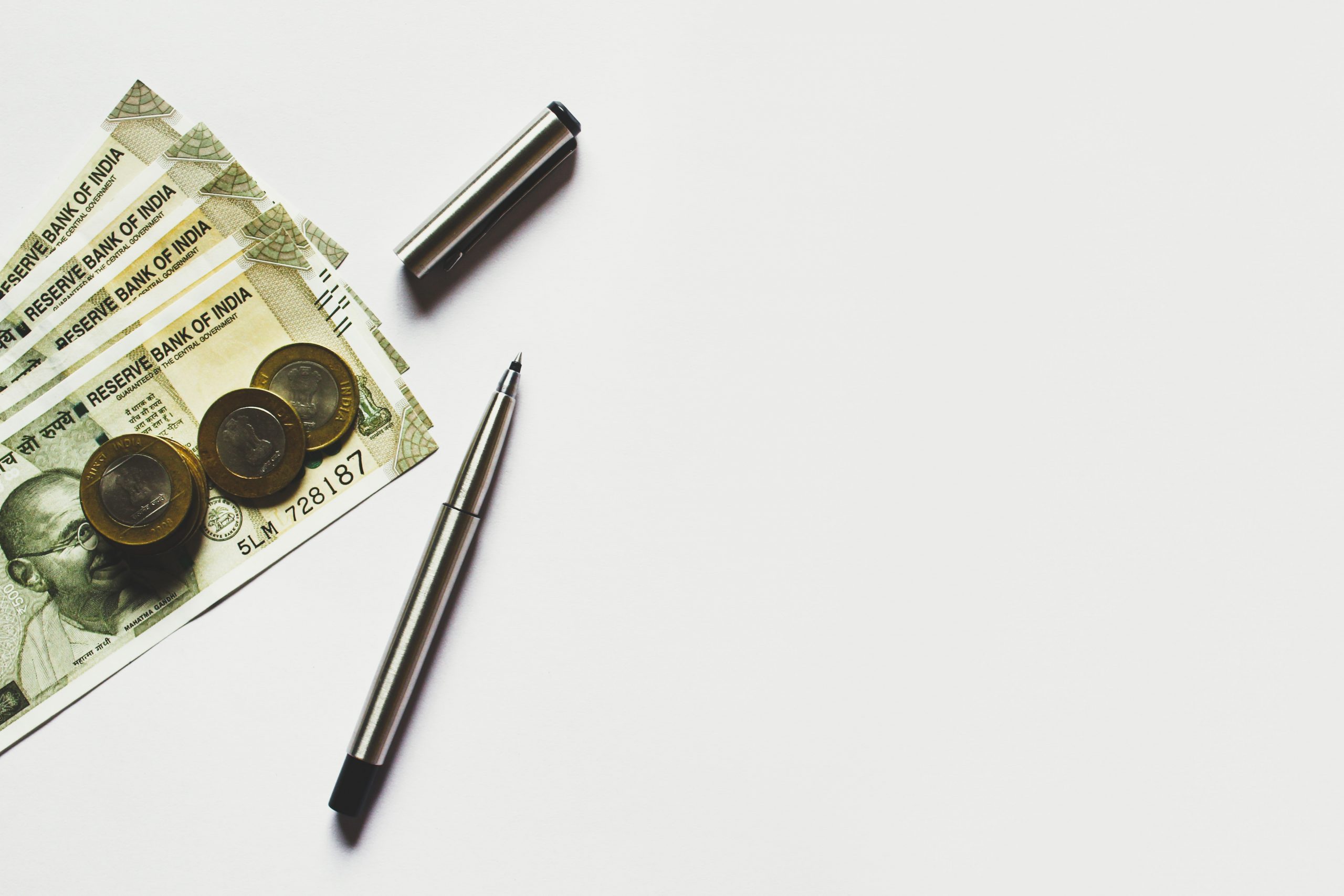
With Indian women becoming financially stable and independent, many of them have started realising the significance of purchasing a property. Owning a house is one of the primary goals of many families, and taking a home loan can be a crucial aspect of planning the finances.
Since the length of a home loan can be 20 to 30 years long, the difference of even a few percentage points can mean a lot of savings in the long run. To encourage more women to own a property, Indian banks and financial institutions are giving increased benefits to women who apply for a home loan. These may mean customised loan schemes, lucrative discounts, lower interest rates, tax benefits, and lower loan processing fees for women.
MUST READ: CRITICAL SITUATIONS WHEN PERSONAL LOANS CAN BE HELPFUL
If you are a woman and want to get a home loan to purchase a dream house in India, you can get the following benefits, no matter where you apply.
Lower Rate of Interest
Moneylenders perceive women to be more reliable borrowers. That is why betting on females to expand their loan portfolio seems to be a safer bet for the lenders. So, to encourage more women to apply for a home loan, they offer interest rates a few points lower than the regular market rate. This makes it easier and more affordable for women to buy a home and repay its loan over time. Although the interest rate is only 0.05-1% lower, it can make a significant difference in your EMIs and the overall interest amount you pay over the loan term.
Higher Loan Amount
Since female borrowers are safer bets for money lenders, they do not mind sanctioning a higher loan amount for women. You can get a home loan of ₹ 30 lakh to as much as ₹ 3.5 crores with simple eligibility conditions.
Longer Repayment Terms
Women borrowers can repay their home loans for a longer period. This reduces the amount of your EMIs so that they do not put pressure on your finances. In this way, you can cater to your other commitments while repaying your home loan. Since lenders do not charge anything for making part-payments or loan foreclosures, you enjoy more loan repayment convenience as a female.
Lower Stamp Duty
Stamp duty is a mandatory tax that you have to pay to the state government while buying a property. The rate may be different from one state to the other. The stamp duty may also differ, depending on the property’s location, type, state, and usage. Since the stamp duty maybe 4% to 10% of the property’s total value, even a little concession can make a big difference in the cost you have to pay.
If the property is registered in a woman’s name, most Indian state governments charge 1-2% lower stamp duty than that charged for men. Although this makes a nominal difference, remember that the total stamp duty cost is calculated as per the property’s total cost, which can be substantial.
Tax Deductions
As a woman, you can get most of your tax deductions back. You may reclaim ₹ 1.5 lakh to ₹ 2 lakh on your interest and principal payment, provided that the property is self-occupied.
If you are an independent applicant, Section 80C allows you to claim a tax deduction up to ₹ 1.5 lakh on your principal amount. However, if you apply under Section 24, you can claim a tax deduction up to ₹ 2 lakh. If you jointly take the home loan with your spouse, Section 80C allows you to claim ₹ 3 lakh of tax deduction, while you may claim ₹ 4 lakh under Section 24.
Benefit of PMAY
PMAY or Pradhan Mantri Awas Yojana is a special scheme under which female property owners or co-owners get an interest subsidy of up to ₹ 2.67 lakhs on their home loan. Since it aims to give preference to female property buyers, it has increased the number of female applicants by 6%.
The PMAY scheme aims at providing ‘Housing for All’ by 2022. To be eligible for the scheme, you must be 21 to 60 years of age (for salaried) or 21 to 70 years of age (for self-employed). The property you are buying should be your first property and you must not be the owner of any other property. For certain categories, the woman of the house should be the property’s owner or co-owner. Widows and single women from the EWS or LIG categories can also avail the benefits of this scheme. Another benefit of this scheme is that elderly women are given accommodation on the ground floor for their convenience.
Eligibility Conditions to Apply for a Home Loan
Now that you have made up your mind to apply for a home loan, you must know about a few eligibility conditions that you must meet:
-
- You must be at least 18 years of age.
- You must be less than 65 years of age by the time your loan term ends.
- You should be a self-employed or a salaried individual.
- The combined annual income of your household should be over ₹ 3 lakhs.
- You must be a residing citizen of India.
- You must have a credit score of at least 750.
You will have to submit a few documents as well while applying for a home loan, including your loan application form, ID proof, address proof, and a passport-sized photograph. Salaried individuals must submit salary slips of the last 3 months, bank statements of the last 6 months, and the latest Form 16 copy. Self-employed individuals must submit their business profile, bank statement of last 6 months, and income tax returns and financials of last 2 years.
Applying for a home loan requires long-term planning and comparison of different lenders. Always check your eligibility to ensure the loan amount you can apply for, and ways to improve your eligibility. Use the home loan calculator available at Clix Capital to know your EMIs and choose the right plan.
For any queries, find us on Facebook, Instagram or Twitter
You can also reach out to us at hello@clix.capital or call us at 1800 200 9898







